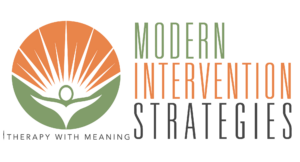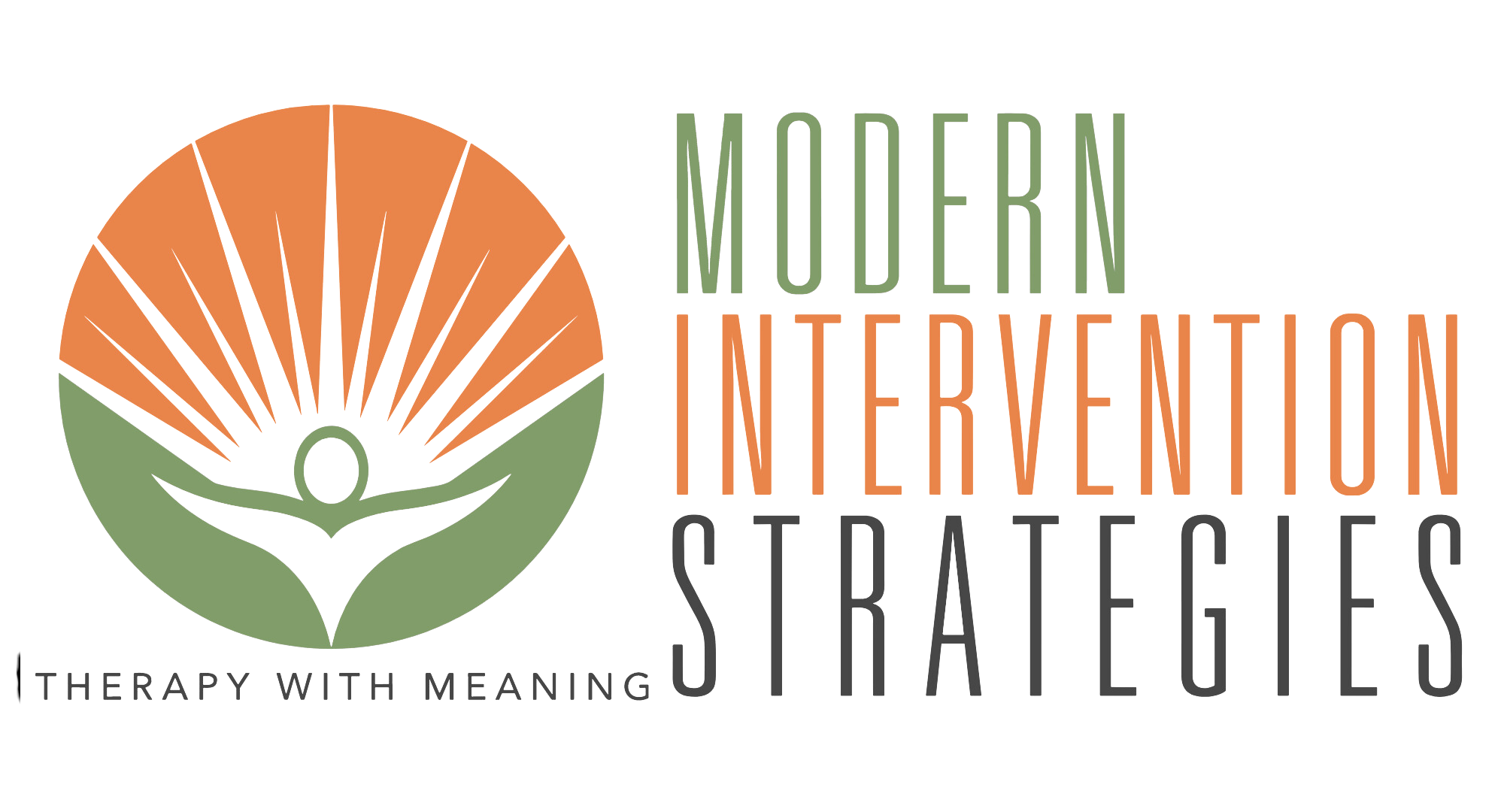Living with ADHD is often described as navigating life with a brain that works against you. While many focus on the inattention and hyperactivity aspects, the emotional challenges often get overlooked. For many of us, the real struggle is the intersection of ADHD, depression, and anxiety—a complex web of emotions that affects daily functioning, motivation, and self-worth.
The ADHD Brain and Emotional Dysregulation
One of the most misunderstood aspects of ADHD is how it impacts our ability to regulate emotions. Sure, we can talk about distraction and hyperactivity, but emotional dysregulation is just as central to the experience. People with ADHD often struggle to manage anger, anxiety, and frustration. For me, this is one of the hardest parts of living with ADHD.
Take something as simple as getting dressed for a party. Let’s say I put on a nice outfit, and nine people compliment me on how great I look. But if one person makes a negative comment, that’s all I focus on. It’s as if my brain is wired to amplify that one piece of criticism, while completely ignoring the nine compliments. It’s not just me—many of us with ADHD experience this. We are emotionally hypersensitive, and negative feedback sticks to us like glue, while the positives slide right off.

This emotional dysregulation often feeds into depression and anxiety, creating a cycle where we feel overwhelmed by emotions, and that emotional chaos then impacts our ability to focus or be productive.
Using Negative Emotions as a Motivation Tool
What people don’t realize is that many ADHD-ers like myself often rely on strong, negative emotions—anxiety, anger, and shame—to fuel motivation. You might ask why we do this, but the truth is, it’s not always a conscious choice.
For example, I was reading Tamara Rosier’s book, Your Brain’s Not Broken, and it hit me like a ton of bricks. She explains how people with ADHD are motivated by emotions rather than importance or consequences. When I can’t find a logical reason to do something—like responding to emails or organizing my space—I rely on panic. Anxiety becomes my to-do list, where I ask myself, “Did I lock the car? What if I didn’t? What if my stuff gets stolen?” That anxiety makes me double back, check, and complete tasks out of fear. But even when the task is done, the anxiety doesn’t always go away. Instead, it lingers, leaving me mentally drained.
This is something that many people don’t understand about ADHD. We don’t just struggle to focus—we struggle to motivate ourselves in the same way that neurotypical people do. The “dirty motivators” like anxiety push us to do what needs to be done, but at a significant cost. The constant state of worry can be mentally taxing, and over time, it leads to burnout and depression.

Anger and Shame as Coping Mechanisms
If anxiety doesn’t fuel us, then it’s often anger or shame. These emotions can feel toxic, yet they’re some of the strongest motivators we have. I remember being younger and hearing others get mad at me for missing deadlines or forgetting important tasks. Over time, when no one else was around to scold me, I learned to do it myself. I would get mad at myself—so mad that it would push me to finish what needed to be done. But living in a constant state of frustration is exhausting, and using anger as fuel eventually leaves you burnt out.
Shame works similarly. Sometimes I’ll imagine the disappointment of my boss or loved ones if I don’t finish a task on time. I replay scenarios in my head, convincing myself that if I fail, people will see me as incompetent or unworthy. The fear of being seen as a failure pushes me to succeed, but it also damages my self-esteem in the long run. The cost of using shame as a motivator is high—it leads to self-loathing and feelings of unworthiness, even when I succeed.
ADHD, Anxiety, and Depression: A Triple Threat
For many of us with ADHD, the combination of anxiety and depression is not an anomaly—it’s the norm. When your brain is constantly bouncing between distractions and emotional overload, it’s hard not to feel anxious. You worry about the things you didn’t do, the things you might forget, and the things you did but are unsure if you did right. Anxiety becomes a way of life, and it can spiral into depression when the weight of those worries feels too heavy to carry.
Many of the depressive symptoms we experience are linked to this constant battle with ourselves. For instance, children with ADHD often grow up feeling like they’re “not good enough” because they can’t meet the expectations set for them. I’ve seen it firsthand—teachers and parents tell kids with ADHD they have potential, but when they don’t live up to it because they’re distracted or forgetful, it leads to a sense of failure. Over time, that feeling of never being able to meet expectations can turn into deep-rooted depression.
The cycle is brutal: anxiety pushes us to over-perform, shame keeps us striving to avoid failure, but in the end, we never feel like we’re good enough. This constant emotional battle is exhausting and often leads to chronic feelings of inadequacy and imposter syndrome. Even when we succeed, it feels like a fluke or like we’ve somehow fooled everyone into thinking we’re capable.
Treating ADHD, Anxiety, and Depression Together
The tricky part of managing ADHD is that treating the attention issues doesn’t necessarily solve the emotional problems. For instance, stimulant medication can help with focus, but it won’t magically cure the feelings of shame, anger, or anxiety that have been brewing for years. That’s why many people with ADHD also need therapy to address the emotional side of things.
Cognitive Behavioral Therapy (CBT) has been shown to be effective for people with ADHD, anxiety, and depression. It helps retrain your brain to respond differently to negative emotions, which can break the cycle of using them as motivators. Mindfulness practices can also be incredibly helpful for people like me who are always worried or distracted. It teaches us to live in the moment, rather than constantly worrying about what could go wrong.
Moving Forward: Relearning Motivation
Ultimately, the goal for those of us living with ADHD, depression, and anxiety is to learn healthier ways to motivate ourselves. It’s about recognizing that negative emotions don’t have to be the driving force behind our actions. While it’s difficult to break the cycle of relying on anger, shame, and anxiety to get things done, it’s not impossible.
For me, it’s about small changes. I’ve started trying to reward myself for completing tasks, rather than beating myself up for procrastinating. I’m learning to accept that it’s okay to be imperfect, and that my worth isn’t tied to how much I can accomplish in a day.
Living with ADHD, depression, and anxiety is a constant balancing act. But with the right tools and understanding, it’s possible to find a way to function without burning out.





